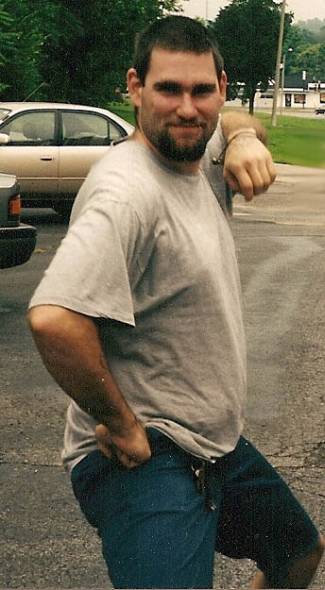A good novel is so well crafted as to be an escape, but so will written that the reader ponders the universal truths and observations long after she has left the book.
Under normal circumstances Kinky Friedman's "Elvis Jesus Coca-Cola" provides both the escape and the catalyst for spiritual ruminating, but I was reading under special circumstances. - The brother I recently lost had probably read and touched these very pages, and at the very least had bothered to save this book. It was hard to stay with the story when the first two pages contained the following:
The very first lined jolted me from the words.
"At Tom Baker's wake, quite well attended, as the wakes and funerals of minunderstood people usually are, "
The next paragraph contained
" "Between the gutter and the stars/People are what people are.." "
By page two Friedman was telling us
"Officially it was called an overdorse, but this doesn't tell us much because sooner or later everybody suffers from an overdose. Too many over-the-counter dreams. Too much Early Times. "
Although they came less often, ultra personal references continued to pop up throughout the novel. Whether due to the skill of the author, or my own practical nature, I was able to return to the story and appreciate (and criticize) it on its own merits.
My first complaint has to do with the meaning of the title. Although Friedman tries to explain "Elvis. Jesus. Coca-Cola" either I didn't 'get-it' or it was a weak literary device; a weak attempt to be eccentrically and obliquely relevant and provide a unifying structure and funky ending to the narrative. I considered googling to see what others thought, but felt it more fair to provide my own opinions before letting others influence me.
Also, I question the moral conclusions at the end. But, by my own definition of a good novel, isn't that what it's supposed to do? What a conversation we could have had about moral codes. Can we each have our own moral code, or does a society have to agree in order to run smoothly?
Otherwise, it's a well written, quirky-but-believable book that's easy to read but gives the reader a lot of depth The pithy, creative use of language and metaphor entertains on its own, yet avoids distracting us the way a Tom Robbins line can draw attention to itself.
"Somewhere between the boots of a dead lover and the last crazy creation of a dead best friend, on some metaphysical surveyor's fragile, unworldly plumb line, as yet invisible and unintelligible to mortal man, lay the point called the truth." Beautiful on it's own, yet it moves the story along much like a well placed song in a Broadway musical.
Set in New York city, it is a classic detective novel. There's the gritty city, a mystery to be solved, forces threatening the underdog detective and misleads. But the book manages to be poetic without losing the edge. It recognizes far more layers of human nature, and asks more philosophical questions than the traditional gumshoe story.
Like a classic detective novel, the crime is really about human nature, but in this case the details are exceedingly weird. Yet it works.
I think the New York setting helps us accept the weirdness - Many great writers have prepared us to believe anything can happen in the big city, (you know," there are a 1000 stories in the naked city...") and so it eases our suspension of disbelief. Maybe we want to believe in the characters, because we recognize our own weaknesses, and watch these people prevail, live real lives, are honest with their friends, and still have friends. Maybe they're just fun to watch and so we accept their truth.
Whatever. Friedman takes a bunch of almost impossible items, and builds a most believable whole.
He weaves a good tale, full of good characters and a satisfyingly suspenseful climax. I read it through more or less effortlessly, yet left with big ideas and big thoughts rolling around in my head.
Read it. Enjoy it. Then find someone, share some caffiene, alcohol or other, and figure out what it all means.

Comments
patrick
I gotta read this book...
Fri, 10/03/2008 - 5:59pmI had chills from your beginning quotes, yet had completely forgotten about them by the end of your review. Reading this book sounds like an experience I need to have to say I've lived!
"Can we each have our own moral code, or does a society have to agree in order to run smoothly? "
Mari, your question instantly brought to mind the bad guy from "No Country for Old Men." He had is own set of moral codes. If everyone in a society had this guy's set of moral codes, things wouldn't run smoothly.
I would say that, at the least, a society's people must have a compatible set of moral codes that are based on doing right by each other if it is to run smoothly.
We can even look deeper into society by considering that the mafia is a sub-society. It seems that most of the stories about the mafia involve someone breaching the mafia's own moral codes: There is a chain of command. You must be careful with your insults. You might be asking for trouble from the top if you have an affair with the wrong wife. You don't "whack" someone without permission. Once you are in, you are in for life. Etc, etc.
Honor among thieves also comes to mind.